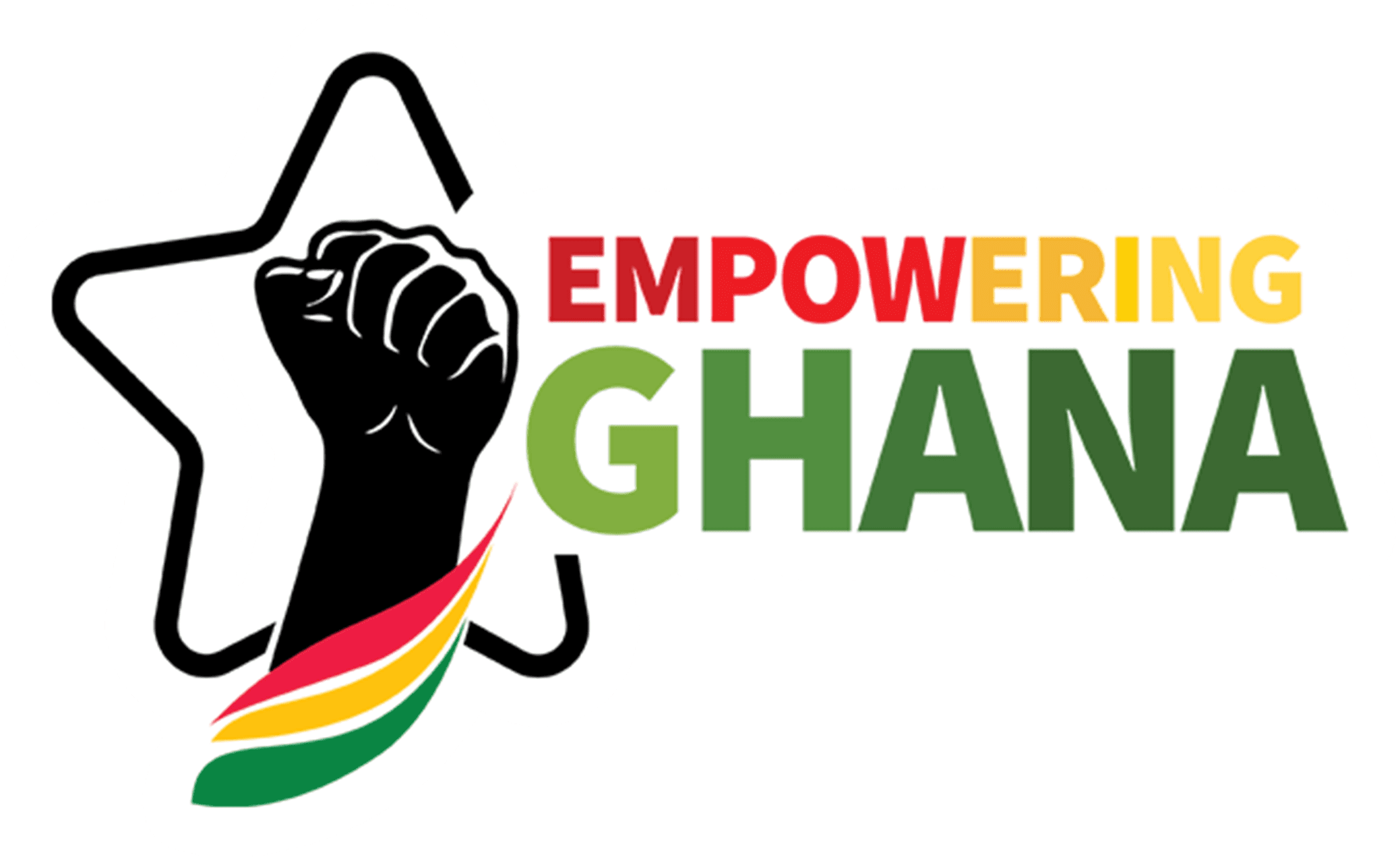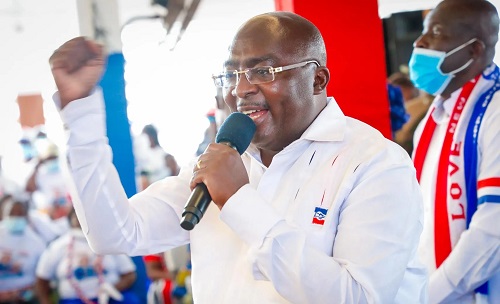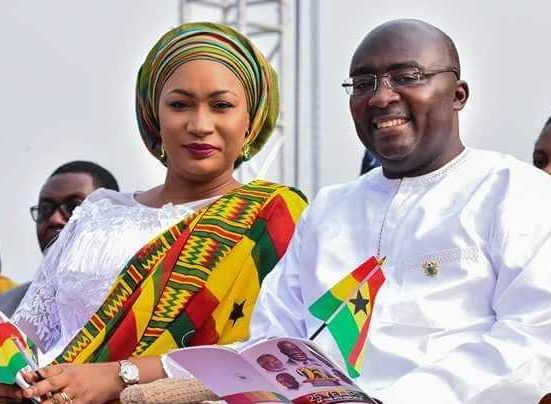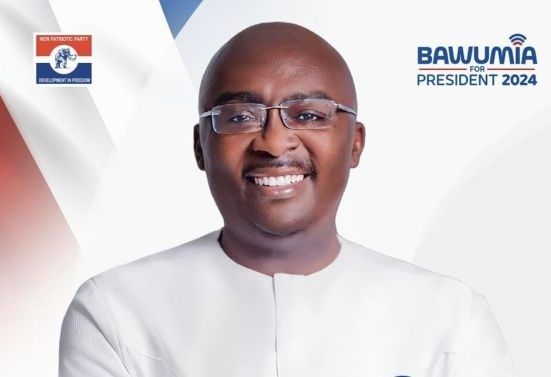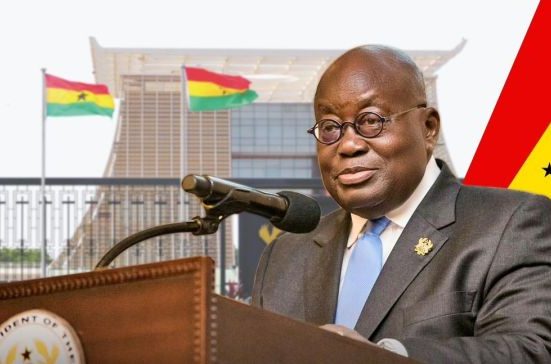The Danquah Institute (DI), a policy research organization, has highlighted that the governing New Patriotic Party consistently excels in managing debt effectively
During the second edition of the Institute’s monthly media encounter on Wednesday, April 17, 2024, titled “Examining and Analyzing Ghana’s Debt from 2009 to 2023,” Dr. Frank Bannor, the Head of Research at DI, highlighted that Ghana experienced a significant reduction in its public debt to GDP ratio.
This decline was observed after Ghana successfully achieved the HIPC completion and received external debt relief. The ratio dropped from 182% in 2000 to 32% by the conclusion of 2008.
Based on information provided by the Bank of Ghana and Ministry of Finance, he elucidated that the public debt, previously at $8.07 billion in 2008, escalated to $29.2 billion by 2016, signifying a more than threefold rise.
He mentioned that this sudden increase caused the debt-to-GDP ratio to reach 73.1% by the end of 2016. He emphasized that this signifies a growth rate, equivalent to a rise of approximately 261.83% in the overall public debt stock during the opposition’s tenure from 2009 to 2016. He further stated that the trajectory witnessed a further decline from 2012 to 2016.
The public debt, which stood at $15.3 billion in 2011, increased to $29.2 billion by the end of 2016, indicating a growth rate of 90.85% from 2012 to 2016.
He claimed that the significant rise in the debt stock is a clear example of poor management of public debt in recent years. He pointed out that the public debt, which was at $29.2 billion in 2016, had surged to $51.04 billion by the end of 2023.
He argued that despite common belief, this only represents a little over a one and a half times increase in the total public debt stock during the NPP’s tenure. This increase, he highlighted, accounts for a 74.79% rise in the overall public debt stock, in contrast to the 262% growth observed from 2009 to 2016.
He pointed out that unlike the period from 2009 to 2016, the NPP has, on average, added approximately 10.68% to Ghana’s debt stock each year from 2017 onwards. He emphasized that this rate is significantly lower than the 32.75% increase seen under the opposition government.
We employ the US dollar in our analysis due to its status as the world’s primary reserve currency, and its widespread usage in international trade. Furthermore, the US dollar is recognized for its stability, maintaining its unit of account and purchasing power consistently over extended periods.
